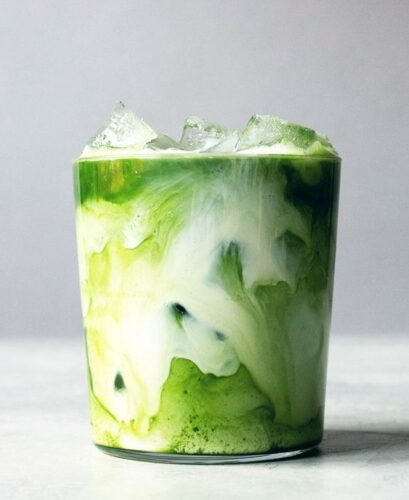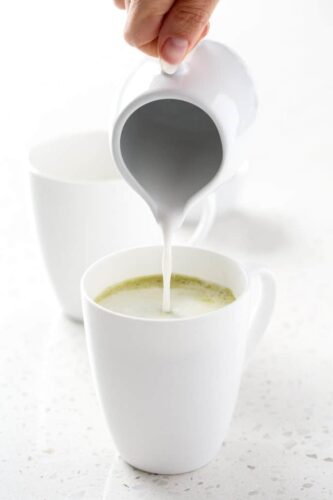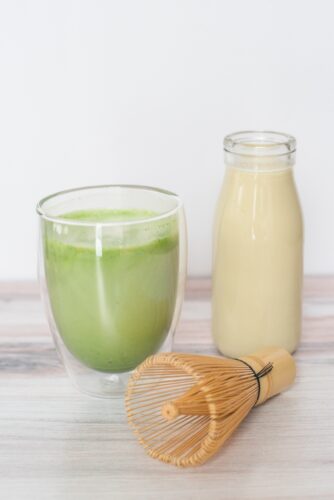
Tea with milk, from the classic Matcha Latte to cold milk tea, remains a beloved drink worldwide. The rich, distinct flavor of tea combined with the creaminess of milk has become a staple, with each region and café boasting its unique preparation. From Thailand’s iced milk teas to Japan’s green tea blends, and even the European tradition of afternoon tea, tea paired with milk is cherished around the globe.
Tea provides a wealth of health benefits due to nutrients like catechins, powerful antioxidants that help neutralize free radicals, and theanine, an amino acid that promotes relaxation and mental clarity. For those aiming to maximize these benefits, it’s best to enjoy tea on its own, avoiding milk and sugar. This purer approach preserves the natural flavors and full nutritional value of the tea.

Does Adding Milk Reduce Tea’s Health Benefits?
Research from Charité – Universitätsmedizin Berlin suggests that adding milk to tea may reduce some of tea’s health benefits. The proteins in milk seem to inhibit catechins, key antioxidants in tea known to support heart health. In a study comparing participants who drank plain tea with those who added milk, researchers found that the tea alone helped improve blood flow, while the tea mixed with milk showed no such benefit.

The Debate: Milk Before or After Tea?
A long-standing debate persists: should milk be added before or after the tea? Some argue that adding milk after brewing allows for better control of the milk’s quantity and ensures that the tea temperature remains steady. Others believe that adding milk first has benefits: it maintains an optimal temperature, allowing lactose to dissolve more thoroughly, and results in a creamier, naturally sweeter taste.

Choosing Alternatives: Dairy-Free Options
For those looking to avoid dairy, or simply seeking a healthier alternative, plant-based options like almond or pistachio milk provide a rich, low-calorie alternative packed with vitamins E and D. Unlike cow’s milk, they are lactose- and gluten-free, making them a safe choice for those with allergies or sensitivities.

